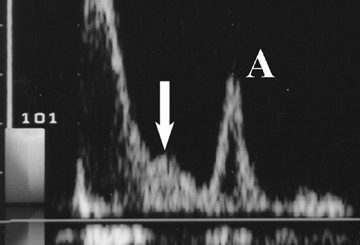Oncology MCQs-1
Contents
- 1 Ann Arbor classification is for
- 2 Most common cause of cancer death in the world
- 3 Which of the following tumor is least likely to be disseminated at presentation?
- 4 Dukes classification is for
- 5 RECIST Criteria for Solid Tumours progressive disease is defined as the appearance of any new lesion or an increase of ------- in the sum of the products of the perpendicular diameters of all measurable lesions
- 6 Which of the following is standard way of measuring the ability of cancer patients to perform ordinary tasks?
- 7 Calcitonin used diagnostically as a tumor marker for
- 8 Cancer is the second leading cause of death behind
- 9 Most significant risk factor for cancer overall is
- 10 Most common cancer
Ann Arbor classification is for
Most common cause of cancer death in the world
Which of the following tumor is least likely to be disseminated at presentation?
Hematopoietic tumors such as leukemia, myeloma, and lymphoma are often disseminated at presentation and do not spread like solid tumors
Dukes classification is for
Dukes classification
colorectal cancers
RECIST Criteria for Solid Tumours progressive disease is defined as the appearance of any new lesion or an increase of ------- in the sum of the products of the perpendicular diameters of all measurable lesions
>25% Response Evaluation Criteria In Solid Tumours - RECIST Criteria Progressive disease is defined as the appearance of any new lesion or an increase of >25% in the sum of the products of the perpendicular diameters of all measurable lesions
or an increase of 20% in the sums of the longest diameters by RECIST.
Which of the following is standard way of measuring the ability of cancer patients to perform ordinary tasks?
Standard way of measuring the ability of cancer patients to perform ordinary tasks
Karnofsky performance status
Calcitonin used diagnostically as a tumor marker for
Patients with calcitonin levels >100 pg/mL have a high risk for medullary thyroid carcinoma (~90%–100%),
Cancer is the second leading cause of death behind
heart disease
Most significant risk factor for cancer overall is
Most significant risk factor for cancer overall is age; two thirds of all cases were in those aged >65 years
Most common cancer
Lung cancer





